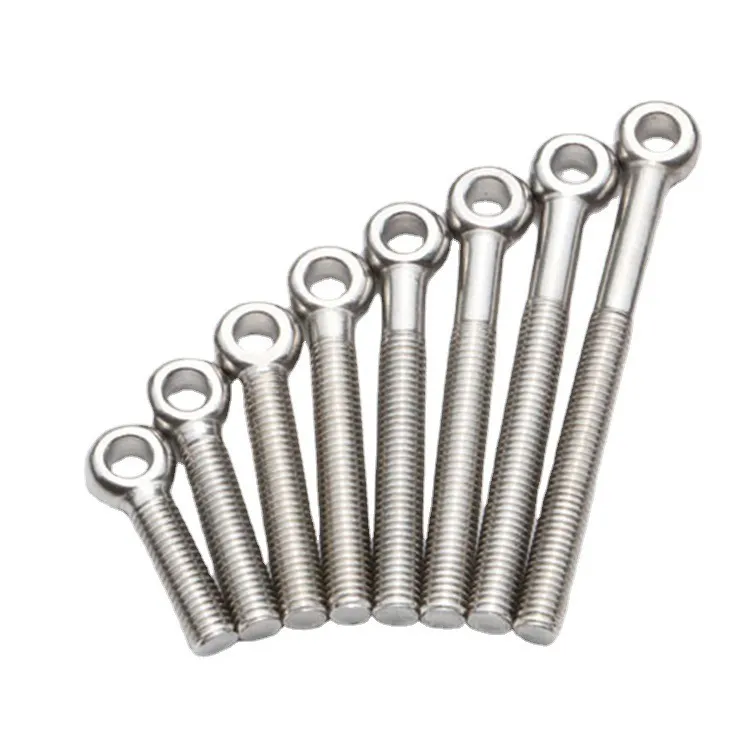

Self-Tapping Screws Designed for Lintel Applications and Structural Support Solutions
Dis . 30, 2024 23:30 Back to list
Self-Tapping Screws Designed for Lintel Applications and Structural Support Solutions
Understanding Self-Tapping Screws for Lintels
Self-tapping screws play a crucial role in various construction applications, particularly when it comes to securing lintels. Lintels, which are horizontal support beams placed over doorways, windows, or other openings, require reliable fastening systems to ensure structural integrity. Using self-tapping screws can significantly improve the efficiency and reliability of your lintel installation.
What Are Self-Tapping Screws?
Self-tapping screws are designed to drill their own hole as they are driven into materials. Unlike traditional screws that require a pre-drilled hole, self-tapping screws have a sharp, pointed tip that allows them to penetrate through various materials, including metal, wood, and plastic. This feature not only saves time during installation but also helps ensure a tight fit and strong hold, which is particularly important in structural applications.
Benefits of Using Self-Tapping Screws for Lintels
1. Speed and Efficiency Since self-tapping screws eliminate the need for pre-drilling, they can significantly reduce installation time. This is especially valuable on construction sites where speed is of the essence and labor costs are a concern.
2. Strong Bond The design of self-tapping screws allows them to create threads inside the material as they are driven in, providing a secure grip. This is crucial when fastening lintels, as the connection must withstand the weight of the structure above.
3. Versatility Self-tapping screws come in various sizes, lengths, and materials, making them suitable for different types of lintels, whether they are made from steel, aluminum, or timber. This versatility allows builders to choose the right screw for their specific application.
4. Reduced Risk of Splitting In materials like wood, pre-drilling can sometimes lead to splitting, especially in harder or denser woods. Self-tapping screws help to mitigate this risk, enabling a clean installation without damaging the material.
5. Cost-Effectiveness Although self-tapping screws may be slightly more expensive than standard screws, the time saved on installation can lead to overall cost savings in a construction project. Additionally, their durability means fewer replacements over time.
self tapping screws for lintel

Considerations When Choosing Self-Tapping Screws for Lintels
While self-tapping screws offer numerous benefits, there are several factors to consider when selecting the right screws for lintels.
1. Material Compatibility Ensure the screw material is compatible with the lintel material. For instance, if using metal lintels, opt for screws made of stainless steel or coated to prevent corrosion.
2. Length and Diameter The size of the screw is critical. A screw that is too short will not provide adequate holding power, while one that is too long may protrude and cause hazards or damage. Measurement should be precise to ensure a perfect fit.
3. Thread Design Different thread designs cater to various applications. Coarse threads are ideal for softer materials, while fine threads work better with harder materials. Assess the type of lintel being used to choose the most suitable thread design.
4. Drive Type The head drive type (Phillips, Torx, Hex, etc.) affects the installation process. Some drives provide better grip and torque, reducing the likelihood of stripping during installation.
5. Load Requirements Consider the load-bearing requirements of the lintel. The chosen screw must be able to withstand the weight and stress that will be applied, ensuring structural safety.
Conclusion
Self-tapping screws have revolutionized the way lintels and other structural components are fastened in construction. Their ease of use, efficiency, and strong hold make them an excellent choice for both professionals and DIY enthusiasts. However, it is essential to choose the right screw type, size, and material to ensure optimal performance. By considering these factors, builders can achieve secure and reliable installations that will stand the test of time. In the ever-evolving world of construction, self-tapping screws are a prime example of a simple solution that enhances overall project efficiency and effectiveness.
Latest news
-
Best Self Tapping Screws for Drywall - Fast & Secure Installation
NewsJul.31,2025
-
High-Strength Hot Dip Galvanized Bolts-Hebei Longze|Corrosion Resistance&Customization
NewsJul.31,2025
-
Hot Dip Galvanized Bolts-Hebei Longze Metal Products|Corrosion Resistance&High Strength
NewsJul.31,2025
-
Hot Dip Galvanized Bolts-About LongZe|High Strength, Corrosion Resistance
NewsJul.30,2025
-
High-Strength Hot Dip Galvanized Bolts - Hebei Longze | Corrosion Resistance, Customization
NewsJul.30,2025
-
Hot Dip Galvanized Bolts-Hebei Longze|Corrosion Resistance&High Strength
NewsJul.30,2025

